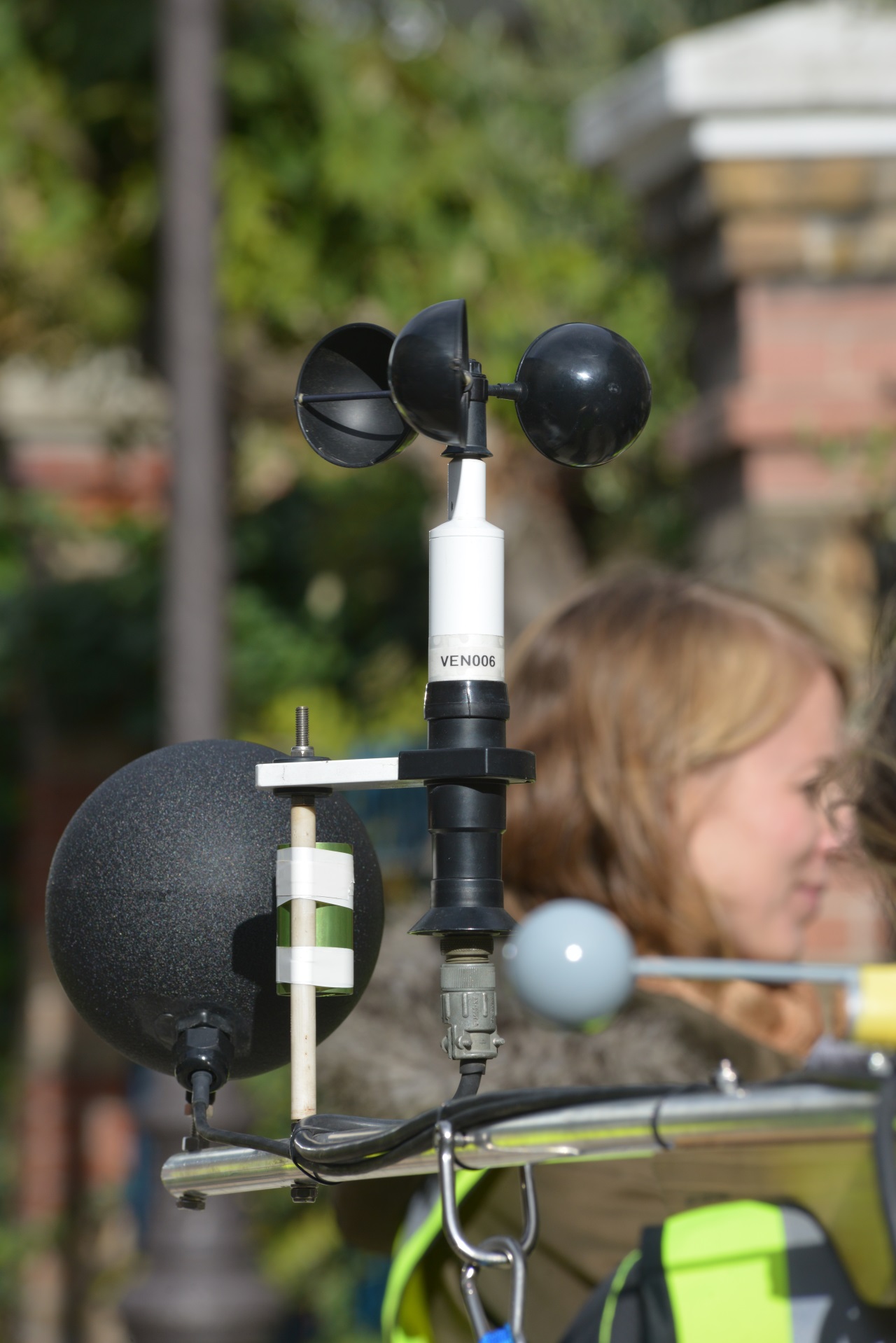
What the EUREQUA project sets out to do is analyse the environmental quality within a neighbourhood by cross-linking two approaches: measuring environmental parameters and collecting the perceptions and views of the neighbourhood’s residents and users.
The project team is working in three neighbourhoods where the environmental stakes are high in Toulouse, Paris and Marseille. The main site is a neighbourhood in Toulouse exposed to high noise and atmospheric pollution from the nearby road traffic. Itineraries making use of instruments and commentary were carried out in January, April and June 2014. At different locations around the neighbourhood, a survey was conducted among residents to assess several criteria: climatic comfort, background noise and air quality. At the same time, scientists collected mobile measurements bearing on microclimate, air quality and background noise.
This data was analysed using statistical approaches to understand the criteria on which residents base their assessment of the environmental quality of their living environments and whether measurements and perceptions match up.
Drawing on this experience, researchers and urban planning stakeholders are putting their collective thinking caps on to design a procedure to guide urban regeneration, grounded in the participation of residents and harnessing interdisciplinary expertise. The aim is particularly to come up with a streamlined forward-looking assessment protocol based on surveys and measurements, which is easy for the stakeholders to put into practice and can be supplemented with more specific measurements.
An international symposium entitled "Urban environmental quality: interdisciplinary and participatory approaches" has closed the project on 23-24 February 2017 in Toulouse.